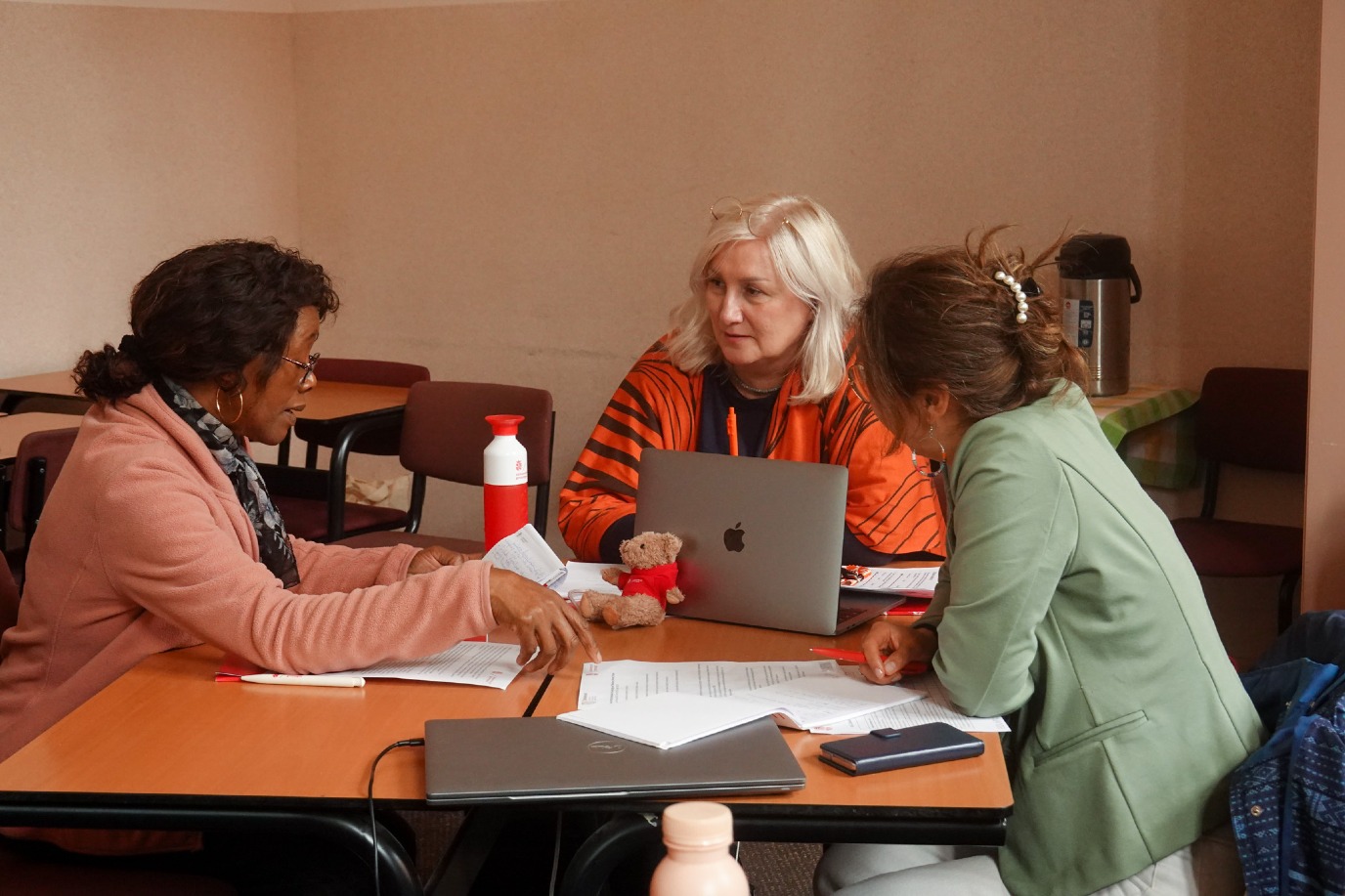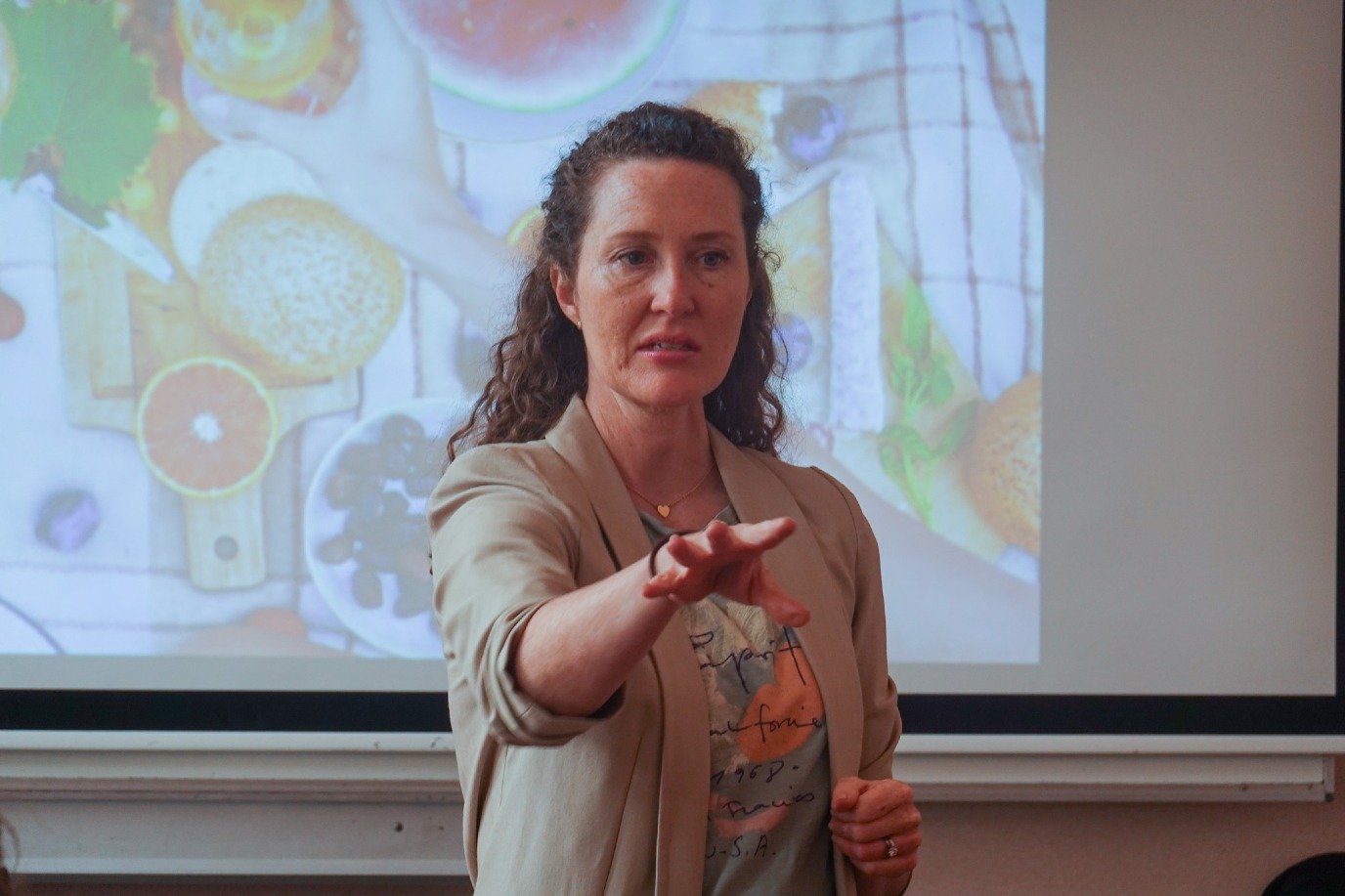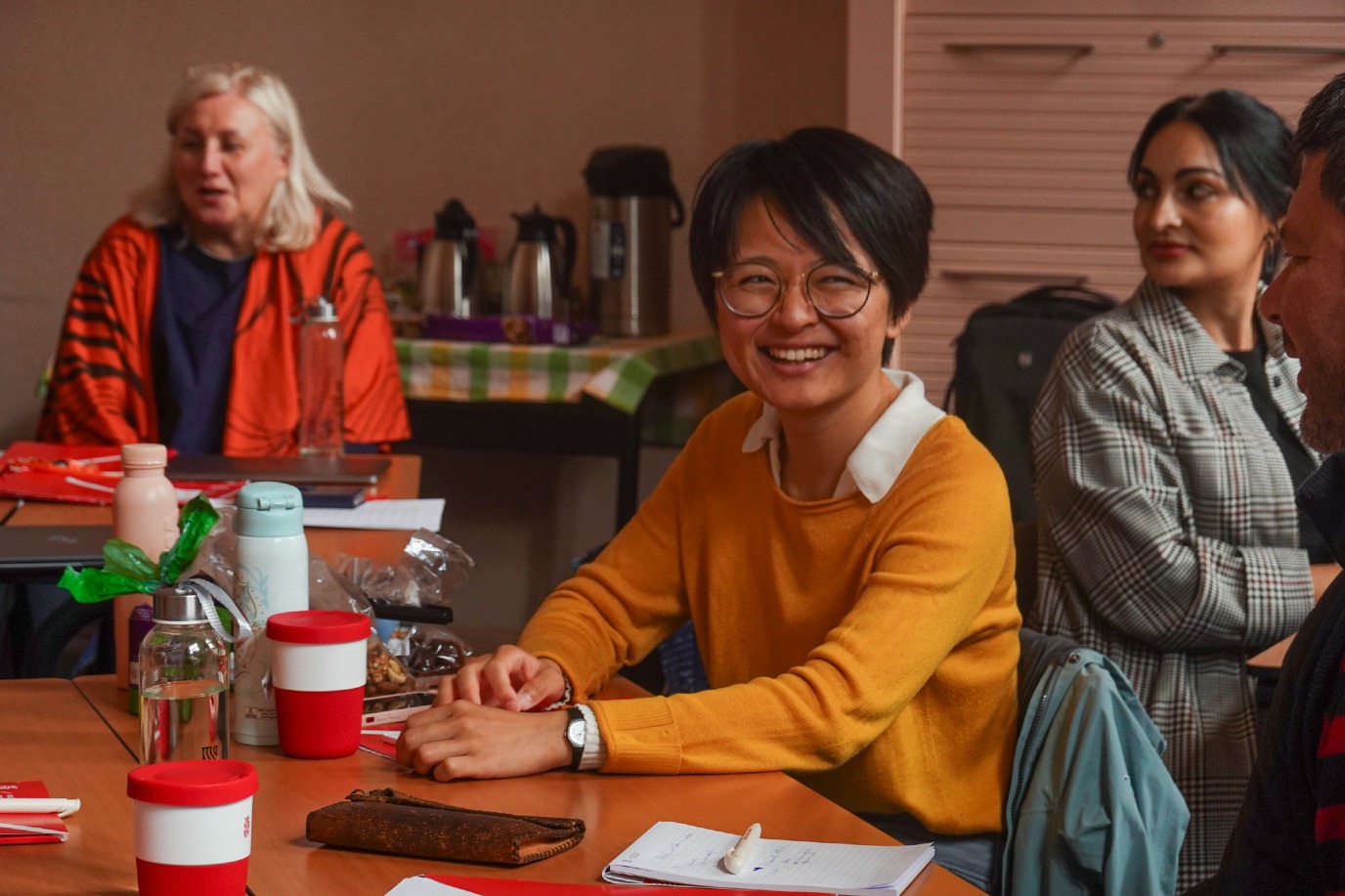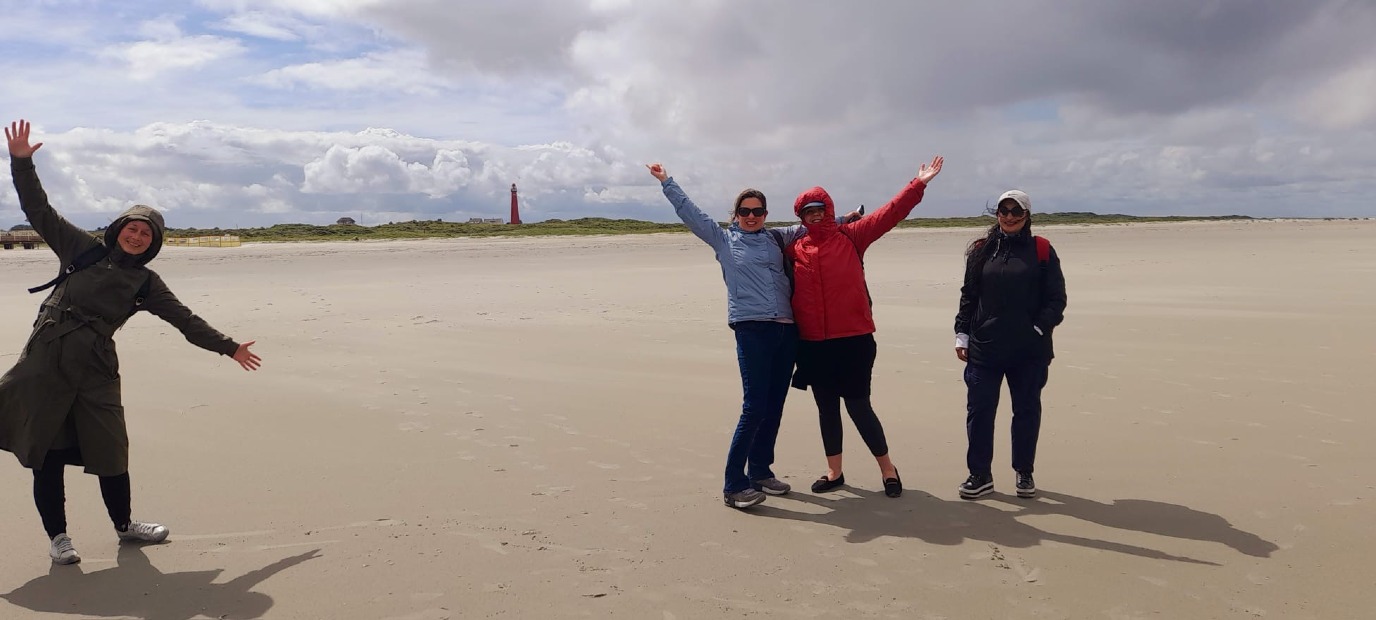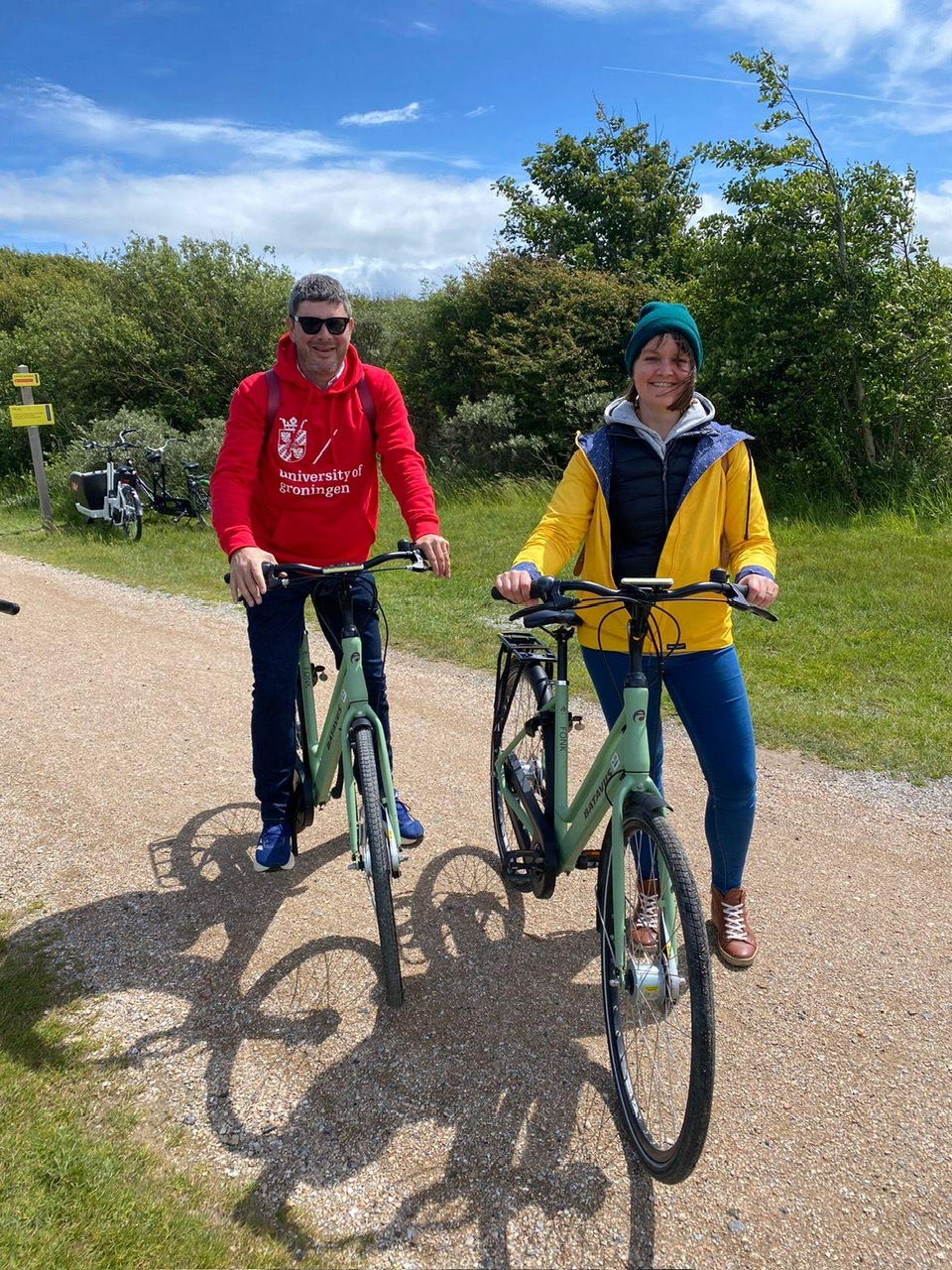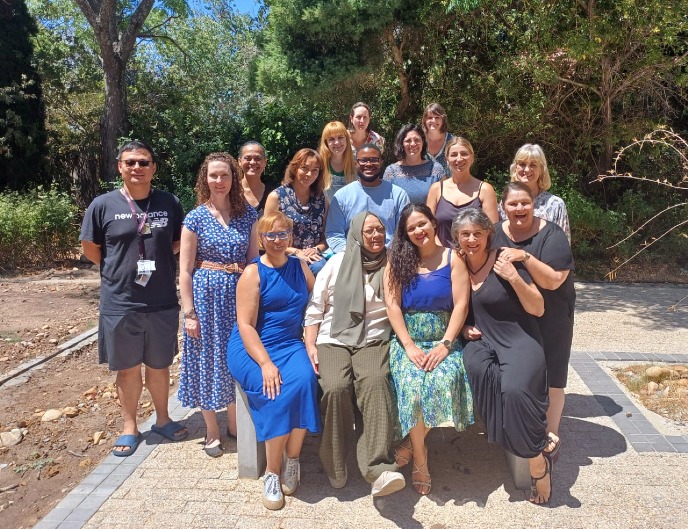Inclusive Teaching and Learning in Diverse Classrooms
The University of Groningen (the Netherlands) and Stellenbosch University (South Africa) are collaborating on a summer school on inclusive teaching through peer learning and sharing teaching practices. The June edition of the summer school will be taking place in Groningen.
The aim of this summer school is to EQUIP ourselves and each other for inclusive teaching and learning in diverse classrooms. We will focus on the inclusive and international dimension of the participants' teaching practices, the diversity in backgrounds of the participants as a potential resource for teaching and intended learning, and principles that help us to unravel challenges and turn them into opportunities.
This summer school is based on the EQUiiP programme (see also below for more details) and is open for educational developers and lecturers who are interested in Continuing their Professional Development (CPD), integrating inclusive (teaching) practices into course designs and strengthening their network of inclusive practitioners. While we focus on the higher education context, participants from all educational contexts are welcome as well.
Next to obtaining a certificate of participation, participants have the possibility to acquire a digital badge (Proof of Competence) to acknowledge participation and engagement with the content. Learners who have completed a proof of competence can obtain a digital badge via the EduBadges platform managed by SURF— the cooperative of Dutch education and research institutions. The digital badge is stored on this platform and contains metadata, making the content, learning outcomes, study load hours and language of instruction of the educational activity clear and transparent (example). The digital badge is therefore verifiable and can be shared on, for example, a CV or LinkedIn.
For more information, please see this article that mentions the first edition of the school that took place at Stellenbosch University.
Practical Information
|
Dates & location
|
16 - 20 June 2025 |
|
Level
|
Lecturers and educational developers interested in sharing and developing inclusive teaching practices in diverse classrooms |
|
Fees |
€ 650 for UG and ENLIGHT participants
€ 750 for participants that apply before the early-bird deadline (15 April 2025)
€ 850 for participants that apply before the final deadline (1 May 2025) |
|
Academic coordinators |
Catherine Meissner (UG)
Estelle Meima (UG)
Vernita Beukes (SU) Equipping; TAG |
|
Contact
|
equipping@rug.nl |
Requirements
This summer school is designed for lecturers, teachers and educational developers associated with teaching in multicultural and diverse classrooms.
Participants are expected to have a sufficient command of English.
Schedule
-
Tuesday: Internationalising Course Design; inclusive assessment
-
Wednesday: excursion to the island Schiermonnikoog
-
Thursday: Intercultural Group Dynamics; inclusive assessment
-
Friday: The Role of Language
Learning outcomes
After completing this summer school, participants will be able to (based on EQUiiP competence profile):
1. Promote inclusive behaviours
2. Develop and facilitate learner-centred programmes
3. Promote intercultural engagement and effective intercultural relations
4. Enable and embed a global learning experience
5. Embed social responsibility in the curriculum
6. Apply learning from different international and disciplinary contexts
7. Embed the various means of creating, critiquing and exchanging knowledge
8. Engage in critical reflection and continuous professional development
Workload
Workload breakdown
One week: 20 hours on site
Preparation (optional): 5 hours
Portfolio (optional): 5 hours
The EQUiiP programme (from the EQUiiP platform)
The summer school consists of the following four EQUiiP modules.
In an optional portfolio assignment and brief presentation participants will have the opportunity to make their learning explicit and receive a digital Proof of Competence (digital badge certificate) which they will be able to add to their CV. This badge contains information about the higher education institution that has issued it, the learning outcomes, and assessment that has been applied so that learners can demonstrate their competences.
A generic outline of the EQUiiP programme can be found here.
Lecturers
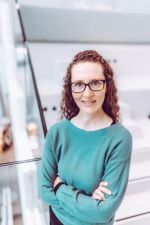
Carole Fuller (MA Applied Linguistics) is a lecturer and professional learning facilitator at the University of Groningen, the Netherlands. She obtained her masters degree with a specialisation in TESOL (Teaching English to Speakers of Other Languages) and now focuses on teaching English for Academic Purposes. Carole has a strong interest in topics related to the inclusive international classroom and delivers professionalisation workshops around these themes, as well as leading the University of Groningen’s Community of Practice for Diversity & Inclusion.
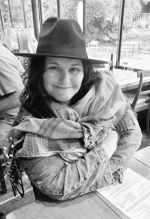
Vernita Beukes has been teaching for the past 17 years. She loves opening up a new language and culture for students who start learning Afrikaans. She believes in establishing a relationship of trust with her students from the start and creating an encouraging environment for them. She is also enthusiastic about using technology to aid learning.

Catherine Meissner is a curriculum developer in international education at the University of Groningen in the Netherlands, associated with the Teaching Academy Groningen. She has specialised in the internationalisation of curricula, with a focus on inclusion & diversity and on Continuing Professional Development of lecturers.

Estelle Meima (University of Groningen) has been teaching in higher education for more than 20 years now, first as an English language teacher and language assessor and now as a facilitator supporting lecturers and education developers with embedding the international classroom in study degree programmes. She has a special interest in diversity and inclusion in higher education.
Application procedure
To apply, please fill out the online application form. Please note that you will be asked to upload the following documents:
-
CV (brief overview of professional background)
-
Letter of motivation (max 1 page)
The early bird deadline is 15 April 2025 (lower fee applies).
The application deadline is 1 May 2025 (regular fee applies).
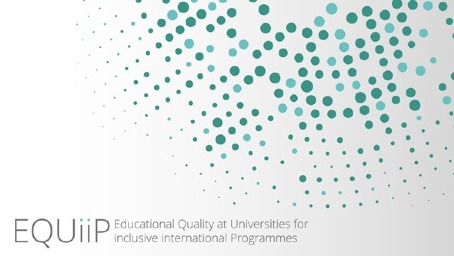
| Last modified: | 19 March 2025 11.53 a.m. |


